
Can you treat mental disorders with high dose vitamins?
I’ve been treating patients with anxiety, depression, and emotional instability for over two decades using plant medicines with fantastic outcomes. However, if a patient is homicidal, suicidal, or suffering extreme drug addiction or states of delusion, I refer out. It takes practitioners that specialize in this type of care to manage patient safety. Unfortunately, the modern day psychiatrists are mostly drug dealers. But what if there were treatments based on vitamins instead of drugs?
Enter the Field of Orthomolecular Nutrition
Here are a few notable physicians that focused their research on the treatment of mental health through high dose vitamins.
Abram Hoffer (1917–2009)
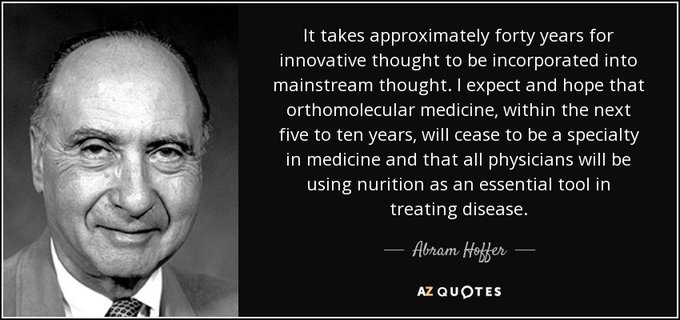
- Contribution: A Canadian psychiatrist, Hoffer is considered a pioneer of orthomolecular psychiatry. He extensively researched high doses of vitamin B3 (niacin or nicotinic acid) for treating schizophrenia and other psychiatric disorders. Hoffer, along with Humphry Osmond, conducted early studies in the 1950s and 1960s, claiming that megadoses of niacin could reduce symptoms of schizophrenia by correcting biochemical imbalances.
- Notable Work: Published studies in journals like American Journal of Psychiatry and authored books such as Niacin: The Real Story. His work suggested niacin could address adrenaline metabolism defects linked to psychosis.
- Impact: Hoffer’s research laid the foundation for orthomolecular psychiatry, though his findings were criticized for methodological flaws and lack of replication in large-scale, placebo-controlled trials.
Humphry Osmond (1917–2004)
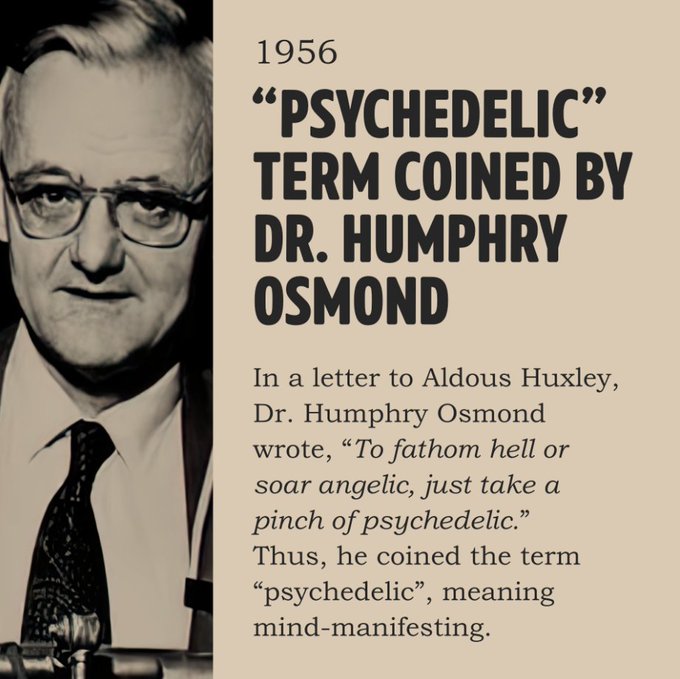
- Contribution: A British psychiatrist who collaborated with Abram Hoffer, Osmond co-developed the hypothesis that high doses of vitamins, particularly niacin, could treat schizophrenia. He also introduced the term “psychedelic” and worked on the biochemical basis of mental disorders.
- Notable Work: Co-authored early studies with Hoffer in the 1950s, including reports in the American Journal of Psychiatry (e.g., 1957), suggesting niacin’s efficacy for schizophrenia.
- Impact: Osmond’s work with Hoffer influenced alternative psychiatry but faced similar criticism for lack of rigorous evidence. His broader contributions to psychiatry, including psychedelic research, are also notable.
Linus Pauling (1901–1994)
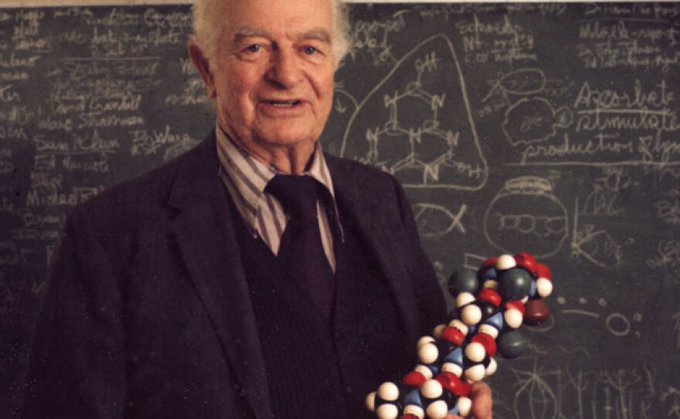
- Contribution: A Nobel Prize-winning chemist, Pauling coined the term “orthomolecular psychiatry” in a 1968 paper, advocating for optimizing the body’s biochemical environment with high doses of naturally occurring substances like vitamins. He supported the use of megadoses of vitamin C and other nutrients for mental health, building on Hoffer’s work.
- Notable Work: His 1968 article in Science proposed that mental illnesses could be treated by correcting nutrient imbalances. Pauling also researched vitamin C’s role in brain function and mood regulation.
- Impact: Pauling’s prestige as a scientist lent credibility to orthomolecular approaches, but his psychiatric claims were controversial and not widely accepted by mainstream psychiatry.
Carl Pfeiffer (1908–1988)
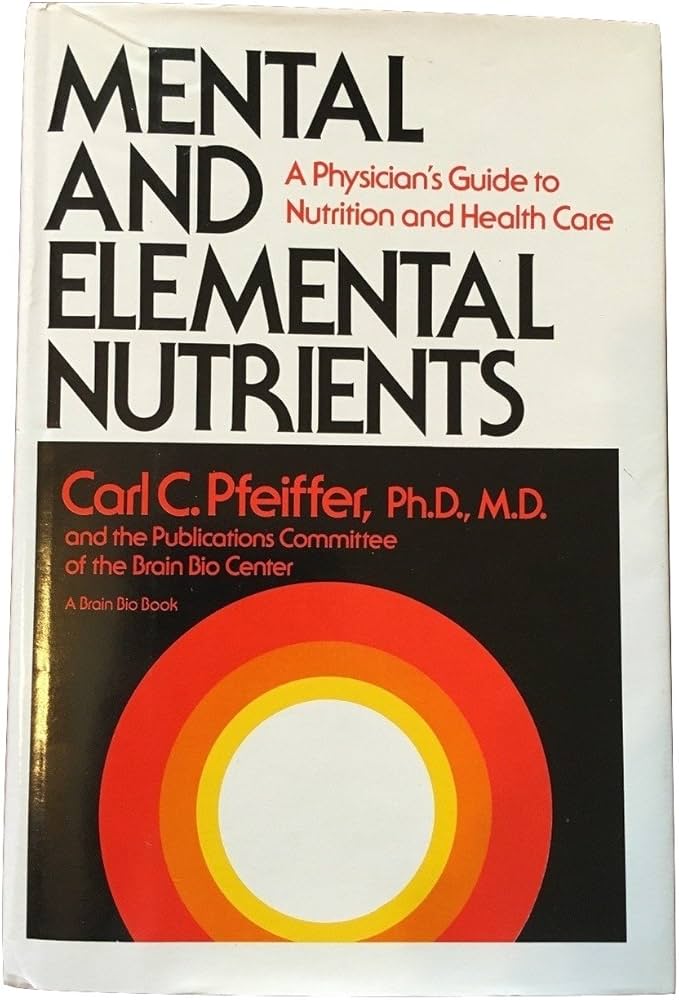
- Contribution: An American physician and biochemist, Pfeiffer explored high-dose vitamin and mineral therapies for psychiatric disorders. He developed individualized treatment protocols based on biochemical profiles, using nutrients like zinc, vitamin B6, and manganese for conditions such as schizophrenia, depression, and autism.
- Notable Work: Founded the Brain Bio Center and authored Mental and Elemental Nutrients (1975), which detailed nutrient-based treatments for mental disorders.
- Impact: Pfeiffer’s work influenced orthomolecular practitioners, but his methods lacked robust clinical trial support and were considered alternative.
David Horrobin (1939–2003)

- Contribution: A British researcher and physician, Horrobin investigated the role of essential fatty acids (like omega-3) and vitamins in psychiatric disorders, particularly schizophrenia and depression. He explored how nutrient deficiencies could exacerbate mental health issues.
- Notable Work: Published studies on fatty acids and co-authored work on nutrient supplementation in journals like Psychological Medicine.
- Impact: Horrobin’s research on omega-3 fatty acids gained some traction, with later studies supporting their adjunctive role in depression and schizophrenia, though his vitamin work was less conclusive.
Although this field continues to develop, much of the research on high-dose vitamins for psychiatric disorders peaked in the 1950s–1980s but waned due to the rise of pharmaceutical treatments and lack of consistent evidence. Orthomolecular psychiatry, championed by these figures, remains a niche and controversial field.
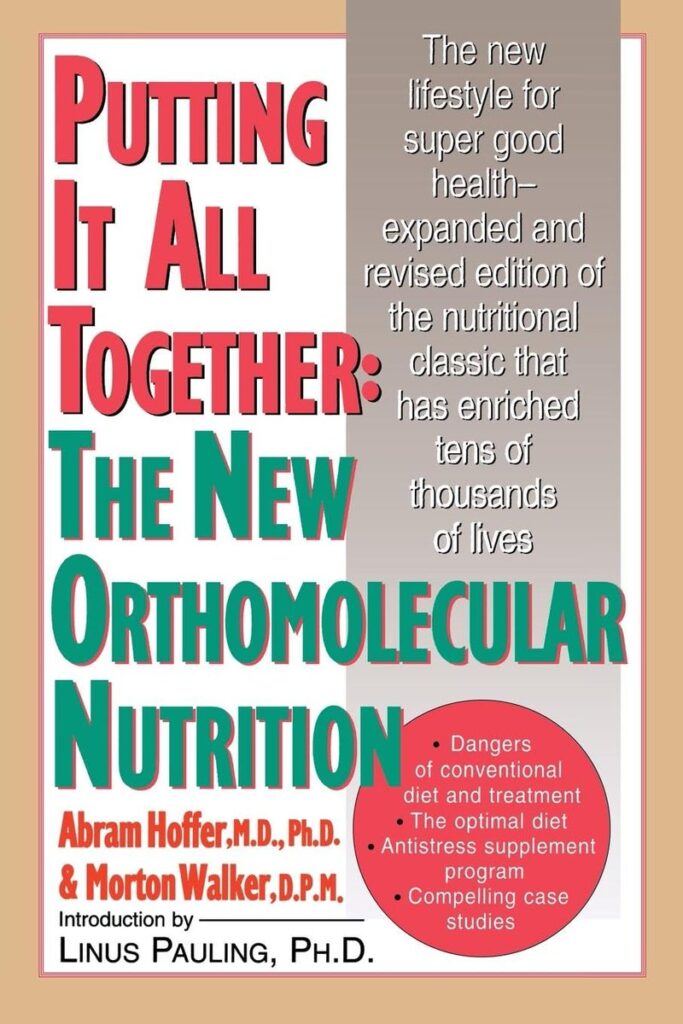
Contemporary researchers like Julia Rucklidge (University of Canterbury, New Zealand) and Jerome Sarris (University of Melbourne, Australia) have explored micronutrient supplementation for ADHD, depression, and anxiety, but their work focuses on broader micronutrient formulas rather than megadoses of single vitamins. They are notable in nutritional psychiatry but less focused on “high amounts” specifically.





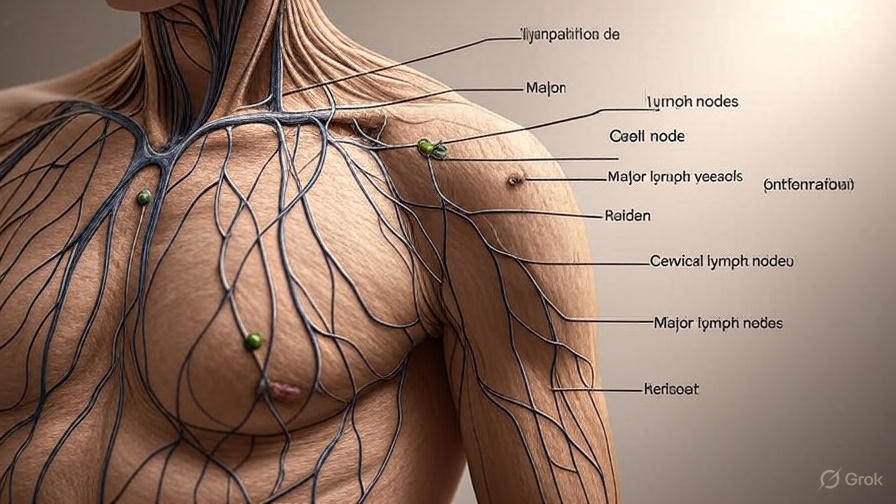
Responses